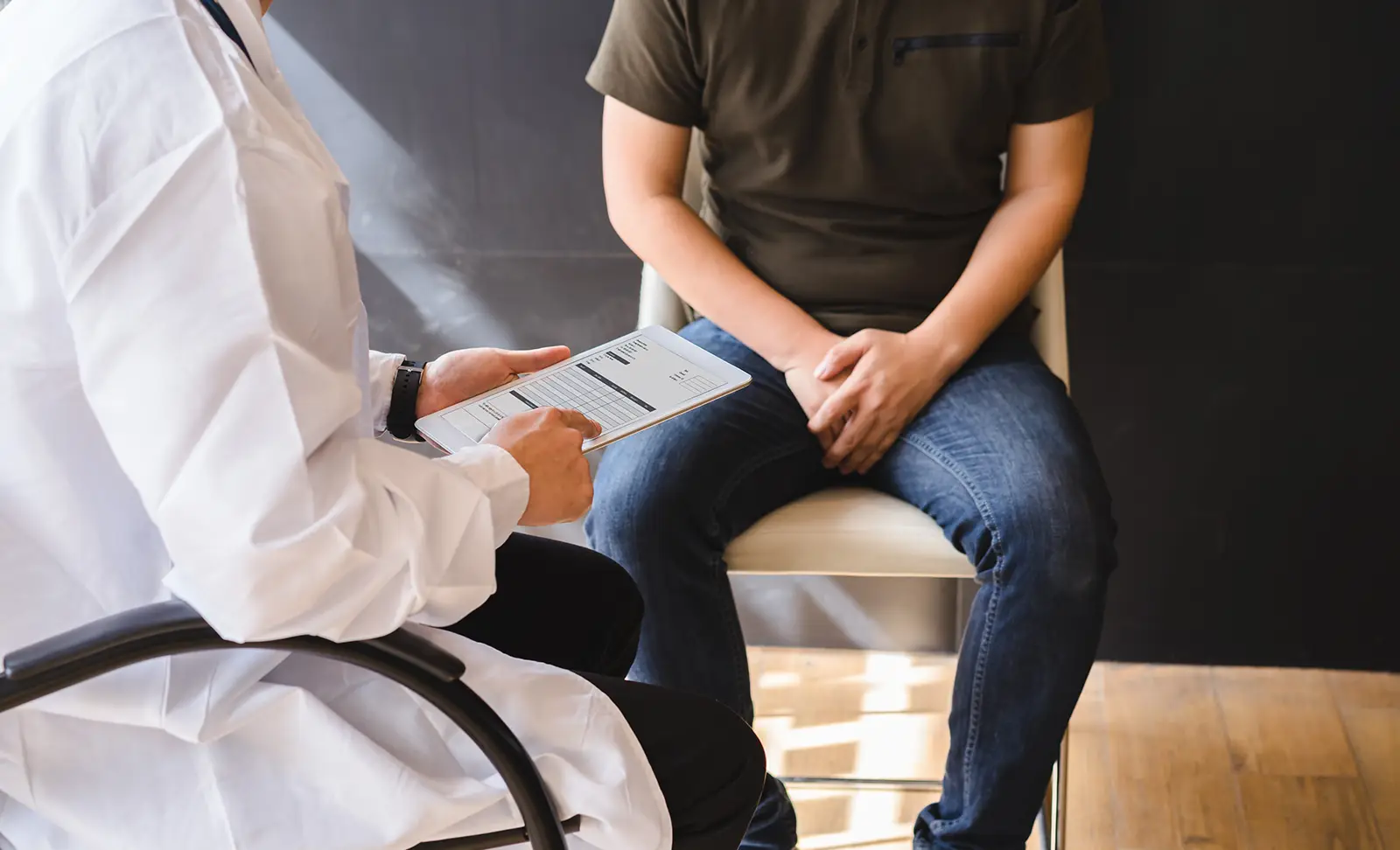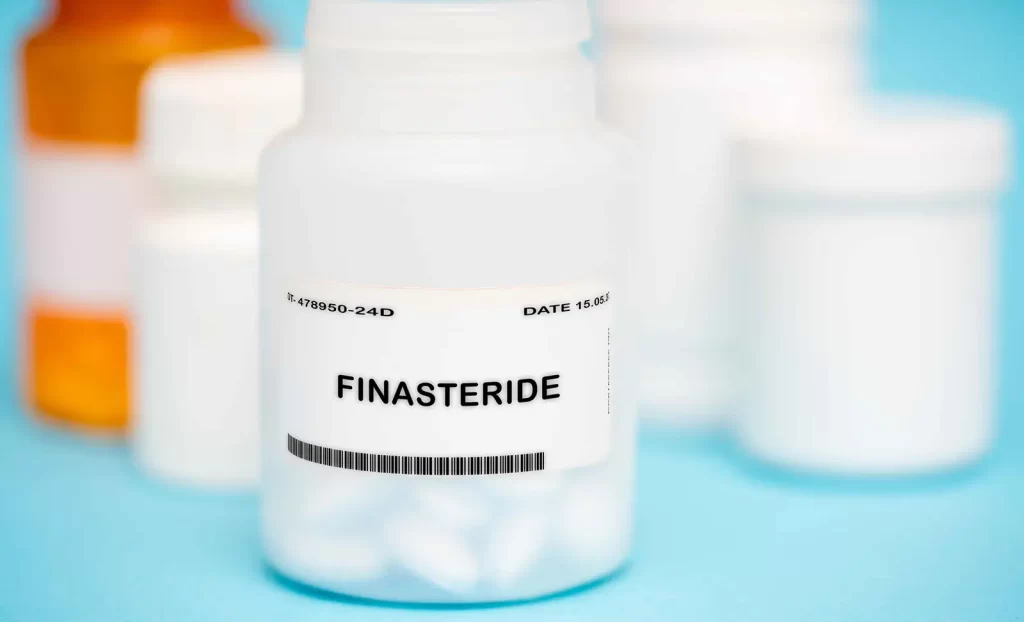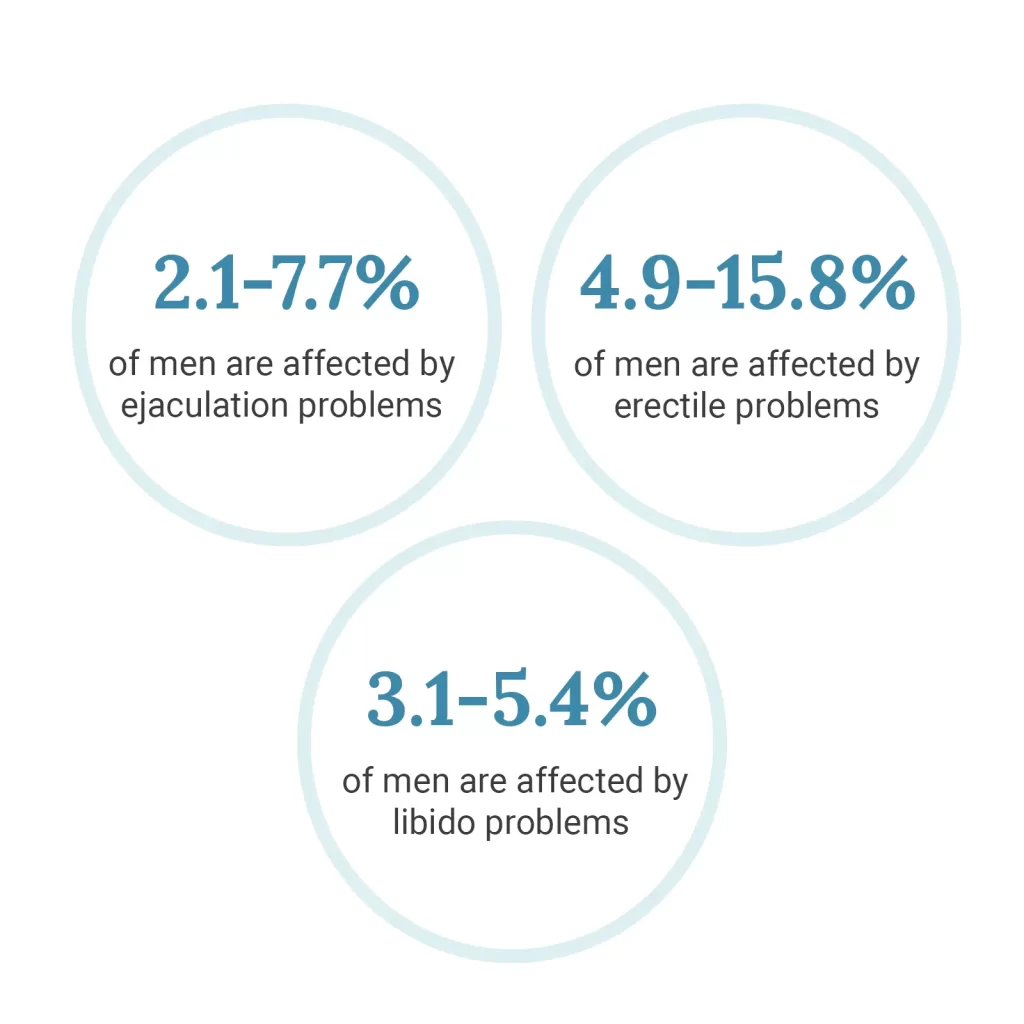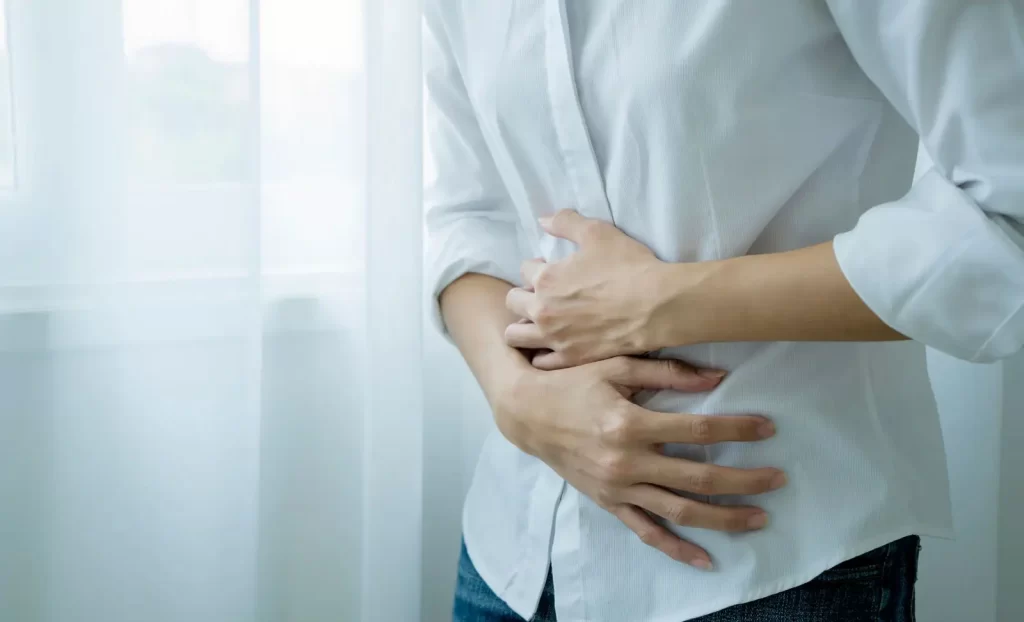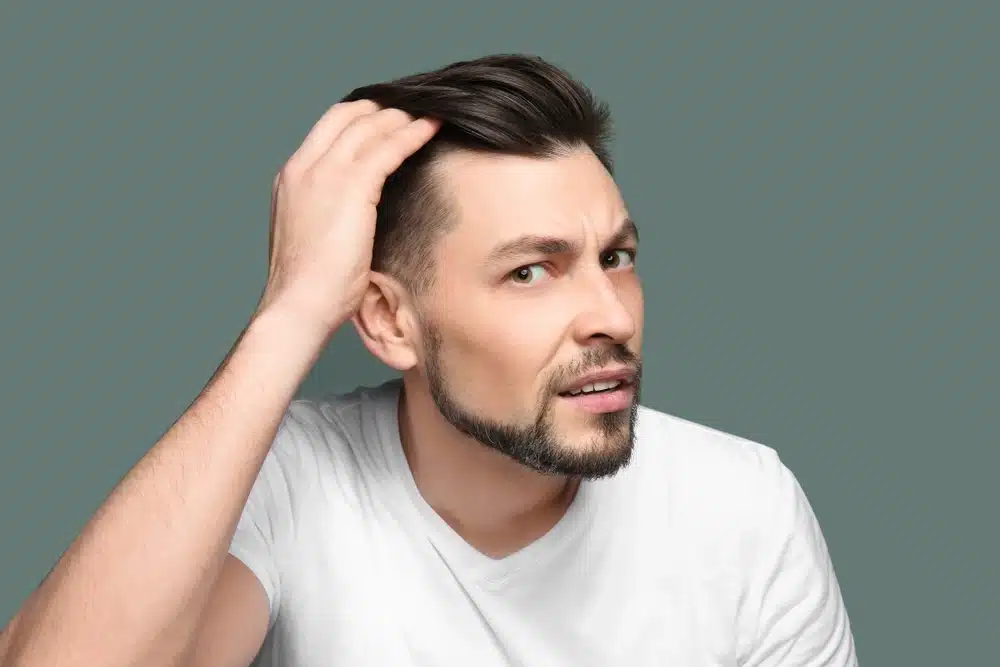Most medications come with at least some potential side effects. Some of these can be mild and not too concerning, while other side effects can be a little more worrisome. When it comes to the potential side effect of Finasteride use and erectile dysfunction, it’s certainly one that concerns men who use Finasteride.
What is Finasteride?
Finasteride is a prescription-only medication in the UK that is typically prescribed for enlarged prostates. However, it is also an effective medicine for stimulating hair growth. It works by blocking the production of the hormone DHT (dihydrotestosterone), which is what causes male pattern baldness. Usually, Finasteride is taken orally, but you can also find topical versions of the hair loss medication.
Finasteride and Erectile Dysfunction: Is There a Link?
Unfortunately, yes – there is a link between Finasteride and erectile dysfunction. There have been a few studies on the topic, with one study showing that Finasteride had an effect on ejaculatory dysfunction and a loss of libido. [1] It’s important to note that this side effect is infrequent. If you have experienced hair loss and are considering Finasteride as a treatment, don’t let it put you off.
Can Finasteride Lower Testosterone?
Rather than lowering testosterone, Finasteride works by blocking the enzyme 5-alpha-reductase. This stops testosterone from turning into DHT. As a result, Finasteride actually increases the amount of testosterone levels rather than reducing them.
When Would You Get Finasteride Prescribed?
Finasteride is prescribed to men for two main reasons.
Enlarged Prostate
Finasteride is predominantly used for treating enlarged prostates in men. Enlarged prostates can cause a range of unpleasant issues, including difficulty with urination, urinary stones, and kidney damage. Finasteride can ease these symptoms.
Male Pattern Hair Loss
For men experiencing androgenetic alopecia, Finasteride can be prescribed. By reducing the production of DHT, the medication allows the hair to grow, reversing the hair loss. It’s very effective, especially when used in conjunction with other hair restoration treatments.
Why Does Finasteride Cause Erectile Dysfunction?
Finasteride and impotence are linked because of the hormonal changes it makes in the body. Finasteride stops testosterone converting to DHT, which helps stop hair loss. As a result of that, there’s a possibility that the testosterone will instead be converted into estradiol, a female sex hormone that can reduce libido and cause sexual dysfunction.
What Are the Other Finasteride Side Effects in Men?
Erectile dysfunction isn’t the only potential side effect of Finasteride.
- Low Sex Drive
- Lower Sperm Count
- Difficulty Reaching Ejaculation
- Headaches
- Tenderness in the Breast Area
- Testicular Pain
- Back Pain
- Depression
There’s also the possibility of an allergic reaction in some men, which can result in itchiness, swelling, and rashes.
Are There Side Effects in Women?
It’s very rare for women to be prescribed Finasteride, as it doesn’t have the same effectiveness as it does in men. However, if the medication is taken by a woman, there can be some common side effects, including:
- Upset Stomach
- Digestive Issues
- Low Sex Drive
- Congenital Disorders in Pregnant Women
If you take Finasteride as either a man or a woman and experience any of the side effects, it’s essential to speak to your doctor.
How Common Are Side Effects of Finasteride?
The sexual side effects of Finasteride are not very common at all. In one medical review, it was revealed that ejaculation problems affected 2.1-7.7% of men, erectile problems affected 4.9-15.8% of men, and libido problems affected 3.1-5.4% of men. [2]
Of course, the side effects being rare doesn’t mean that it definitely won’t happen to you, and it can be scary when they do. Don’t worry – the sexual side effects of Finasteride aren’t typically permanent, and you might even be able to carry on with the medication while reversing them.
Can Finasteride Interact with Other Medications?
If you’re taking other medications and want to start Finasteride, you don’t need to worry – there are no unsafe drug interactions that you need to be aware of. However, the herbal remedy St John’s wort may make Finasteride less effective. [3]
How to Prevent Sexual Side Effects of Finasteride
You might want to take Finasteride for hair loss but don’t want to experience any of the sexual side effects, including erectile dysfunction. There are ways to reduce your chances.
Start with a Low Dose
You don’t need a high dose of Finasteride, especially to begin with. A healthcare professional typically prescribes between 1 mg and 5 mg of Finasteride – the lower end is for hair loss. 5mg is only usually prescribed for those with an enlarged prostate.
Live a Healthy Lifestyle
Certain lifestyle factors can influence the side effects of Finasteride. For example, if you don’t exercise often and drink a lot of alcohol, there’s a greater chance that finasteride ED will occur. By incorporating healthy habits like regular exercise and good nutrition, you’re more likely to avoid them.
Don’t Take NSAIDs
NSAIDs, such as aspirin and ibuprofen, can cause erectile dysfunction. If taking Finasteride, it’s important to avoid these medications to decrease your chances of sexual symptoms occurring.
Finasteride Erectile Dysfunction Recovery
Have you been taking Finasteride as a hair loss treatment and have experienced erectile dysfunction? Erectile dysfunction is not something to ignore. Not only does it impact your sex life, but it can also cause problems with stress and a lack of self-confidence, which may affect your personal and work life. ED can also be a sign of something more serious.
If you’ve experienced erectile dysfunction due to Finasteride, don’t worry – there is a route to recovery. Here’s what you can do.
Reduce Dosage
It’s worth reducing your dosage if you experience finasteride side effects. You can talk to your doctor about moving from 3mg to 1mg, for example. You might still enjoy the results of hair growth without the unpleasant side effects.
Wait a While
Sometimes, side effects occur at the beginning of taking a medication and then dissipate as time goes on. That means your erectile dysfunction may get better even if you keep taking Finasteride.
Consider Using ED Medication
If Finasteride works very well for you and you want to keep taking it, you might be able to pair it with erectile dysfunction medication to reduce symptoms. Some common ED treatments include Tadalafil and Sildenafil tablets.
Discontinue Use
If Finasteride tablets are causing erectile dysfunction and getting in the way of your life, it might be worth discontinuing use and looking at other solutions to hair loss. Again, it’s always important to speak with your doctor before making any changes to the medications you’re taking.
Alternative Solutions to Male Pattern Baldness
If you’re using Finasteride for male pattern baldness (or planning on it), it’s worth knowing that there are other solutions that don’t come with the potential side effect of erectile dysfunction.
Minoxidil
Minoxidil is another medication used for the treatment of hair loss. Like Finasteride, it’s very effective. Unlike Finasteride, you don’t need a prescription to acquire it in the UK. Plus, it’s commonly used topically rather than in capsule form.
One of the benefits of minoxidil is that it doesn’t produce the side effect of erectile dysfunction. However, there are still side effects associated with this medication, including hair shedding, an accelerated heart rate, light-headedness, and unwanted hair growth.
Essential Oils
Some essential oils have been shown to stimulate hair growth, with rosemary oil even showing similar efficacy rates compared to minoxidil. [4] Some others include lavender oil, pumpkin seed oil, and peppermint oil. These natural ingredients are inexpensive and could be worth trying.
Wigs and Hairpieces
Many men use wigs and hairpieces to hide their male pattern baldness. While it’s not permanent, many look very natural.
Hair Transplants
The one assured method for regrowing hair after experiencing male pattern baldness is to get a hair transplant. Hair transplants are extremely effective and involve a minor surgery that extracts hair follicles and places them into the scalp. The surgery only usually lasts a day, with results coming through in as little as six months. While it’s more expensive than some of the other options, if you really want to regrow your hair, a hair transplant is by far the most effective method.
Should You Get a Hair Transplant?
Men with male pattern baldness are typically excellent candidates for hair transplants. If you have a healthy section of hair at the back of your head but have experienced hair loss at the temples or crown, you would likely be a good candidate for the procedure. It’s typically best if you are between the ages of 30 and 70, too. If you want to see if you’re a suitable candidate for this treatment, get in touch with the team here at Harley Street Hair Clinic.
Finasteride: Is it Worth it?
After learning the ins and outs of Finasteride and its contribution to erectile dysfunction, you might wonder: is it worth it? Many men find Finasteride to be an excellent solution to enlarged prostates and hair loss and do not experience ED or any other sexual symptoms. Considering the fact that the symptoms are not permanent, Finasteride is certainly worth trying if it’s the right medication for your needs. If you experience any adverse side effects, you can always speak to your doctor about lowering the dosage or stopping the medication altogether.
Sources:
- Finasteride and Erectile Dysfunction in Patients with Benign Prostatic Hyperplasia or Male Androgenetic Alopecia
- Finasteride and sexual side effects
- Taking Finasteride with other medicines and herbal supplements
- Rosemary oil vs minoxidil 2% for the treatment of androgenetic alopecia: a randomized comparative trial
